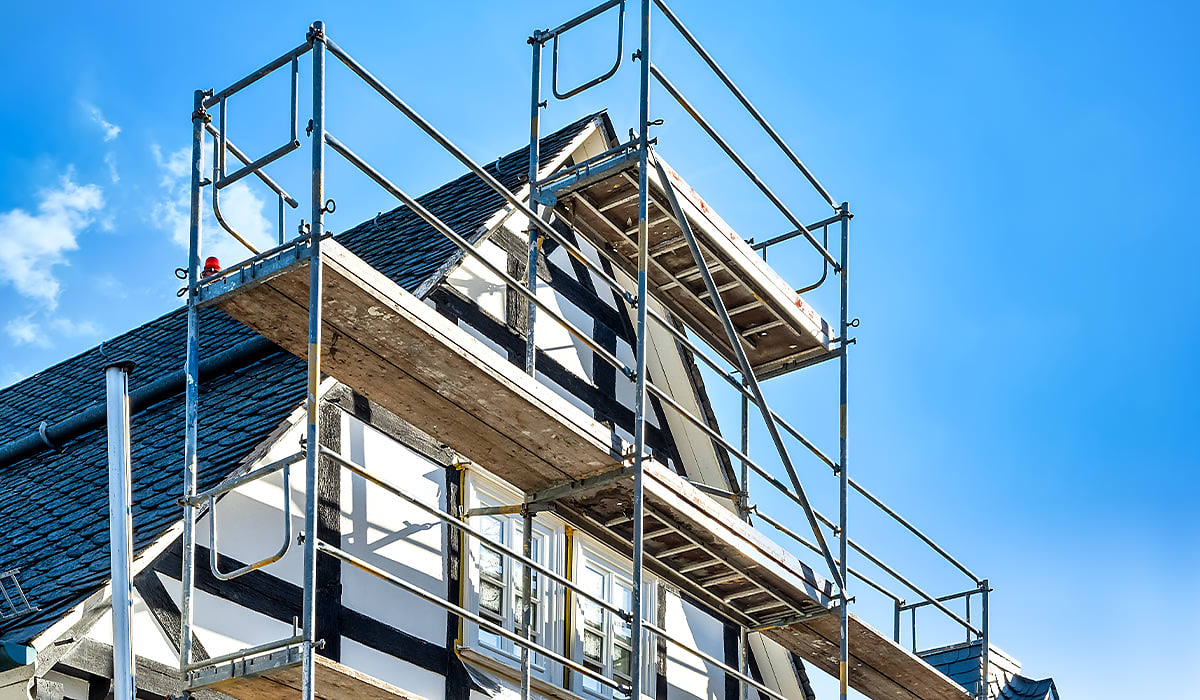Victoria braves ‘3 weakest years’ of home building: HIA
High taxes on housing have “adversely affected market confidence” in Victoria, according to the Housing Industry Association (HIA).

According to the association’s latest Economic and Industry Outlook report, Victoria is seeing a slowdown in building and renovation activity as a result of comparatively high taxes.
Keith Ryan, HIA regional director, stated that 2025 is likely to be “the trough in the cycle” for residential construction activity in Victoria.
“In addition to the 37 per cent of the cost of a house and land package in Melbourne that is attributable to government, new imposts include a windfall tax of up to 62.5 per cent, a land tax surcharge for Victorians with more than one home, and inflated costs associated with ongoing changes to the National Construction Code,” Ryan said.
“These additional taxes and regulatory changes have added to the uncertainty created by rising interest rates and will see the recovery in home building in Victoria delayed until 2025,” he predicted.
While detached home building is expected to remain low over 2025, Ryan forecast that multi-unit development is likely to be “even more constrained”.
“Commencements of multi-units are down by more than 40 per cent since 2015, with 2023–24 concluding the two weakest years for the sector since 2011–12,” he said.
In his opinion, the increase in taxation has negatively affected market confidence for investors and developers, and runs the risk of sabotaging the state government’s housing goals.
“As policy currently stands, the kind of home building numbers that would produce markedly more affordable housing in Victoria is not part of our forecasts,” Ryan said.
“The Victorian government has made clear its desire to see more higher density housing, but it must help restore consumer confidence in the quality of this kind of development,” he said.
“Some of these taxes perversely cost tax revenue in terms of lost construction activity, productivity and economic growth.”
Looking forward, the HIA regional director recommended reducing “punitive” taxes, streamlining visas for in-demand trades and streamlining the planning process.
“Land must be fast-tracked and made shovel-ready more rapidly in the coming years,” Ryan said.
“Governments must also ensure sufficient infrastructure to accommodate higher density housing and address local resident and council objections and obstacles to such development.”

